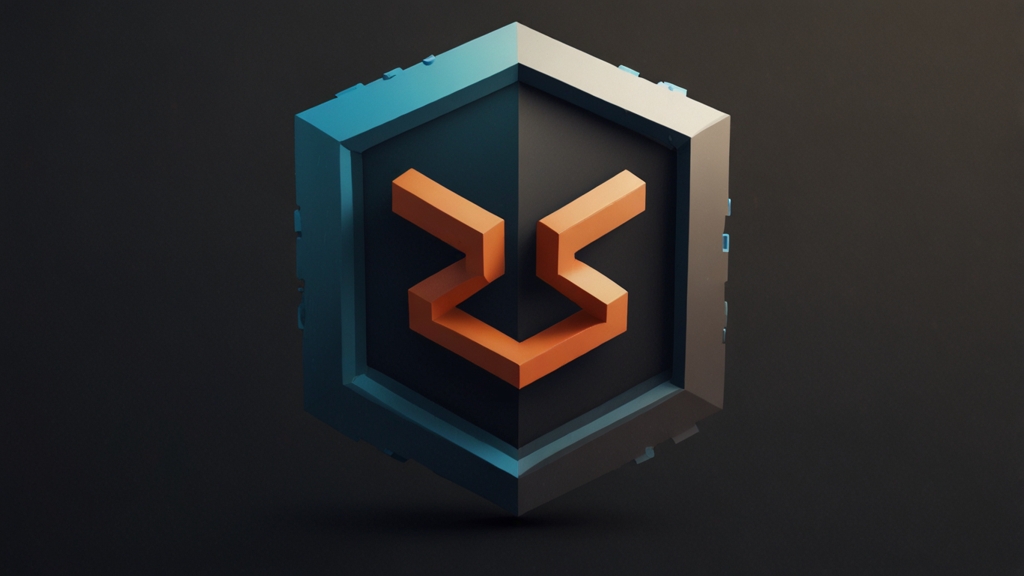Can You Think Like a Logician? Find Out Now
Logic is a fascinating field that requires a unique blend of creativity and analytical thinking. If you've ever marveled at the eloquence and precision of a well-constructed argument or enjoyed piecing together puzzles in your mind, you might have the makings of a logician. But what does it mean to think like a logician, and how can you develop this skill? Let's delve into the world of logic and discover whether you have what it takes to think like a logician.
The Essence of Logical Thinking
At its core, logical thinking is about reasoning systematically. A logician evaluates arguments, detects inconsistencies, and derives conclusions with clarity and precision. This discipline, rooted in the ancient philosophies of Aristotle and the Stoics, has evolved into modern symbolic logic and computational logic, playing a critical role in computer science, mathematics, and even philosophical discourse.
Characteristics of a Logician
To think like a logician, one must possess several key characteristics. These include:
- Analytical skills: The ability to break down complex problems into manageable components.
- Attention to detail: A meticulous approach to identify subtle errors or inconsistencies.
- Patience: Persistence in unraveling intricate problems that may take time to solve.
- Curiosity: A natural drive to understand the underlying principles and the 'why' behind phenomena.
Tools of the Trade
Logicians employ various tools and methods to hone their reasoning skills:
Formal Logic
Formal logic involves the use of symbols and formulae to represent logical expressions. This helps in eliminating the ambiguity associated with natural languages. Examples include:
- Propositional Logic: Studies ways of joining or modifying entire propositions, statements, or sentences to form more complex propositions.
- Predicate Logic: Explores the internal structure of propositions, using quantifiers and predicates to express more nuanced truths.
Informal Logic
Informal logic focuses on the evaluative aspects of reasoning that are not captured in formal systems. This includes:
- Fallacies: Recognizing common patterns of poor reasoning, such as ad hominem attacks or straw man arguments.
- Critical Thinking: Applying logic to real-world situations, analyzing arguments, and making reasoned decisions.
"To think logically is to be lucid; to be clear in one's mind and communication." – Jean-Paull Sartre
Practical Exercises
If you're keen to test your logical prowess, here are some practical exercises:
Puzzle Solving
Engage with puzzles such as Sudoku, crosswords, or logic grid puzzles. These activities sharpen your ability to recognize patterns and apply deductive reasoning.
Argument Analysis
Take an editorial or opinion piece and dissect the arguments presented. Identify the premises, conclusions, and evaluate whether the argument holds logically.
"There can be no doubt that parts of mathematics… do owe their existence to logical deduction." – Alan Turing
Study Formal Logic
Engage with textbooks or online courses on formal logic. Work through exercises that involve symbolic representation and proofs. This will not only improve your logical thinking but also provide a foundation for understanding complex systems.
Conclusion
Thinking like a logician is not an innate talent reserved for a select few. It's a skill that can be developed with practice and dedication. By embracing the principles of logical thinking, you can enhance your problem-solving abilities, make clearer decisions, and communicate more effectively.
Whether you're drawn to the elegance of formal systems or the practical applications of critical thinking, the journey towards logical reasoning is both challenging and rewarding. So, do you think you have what it takes? Dive into the world of logic, and find out now!








